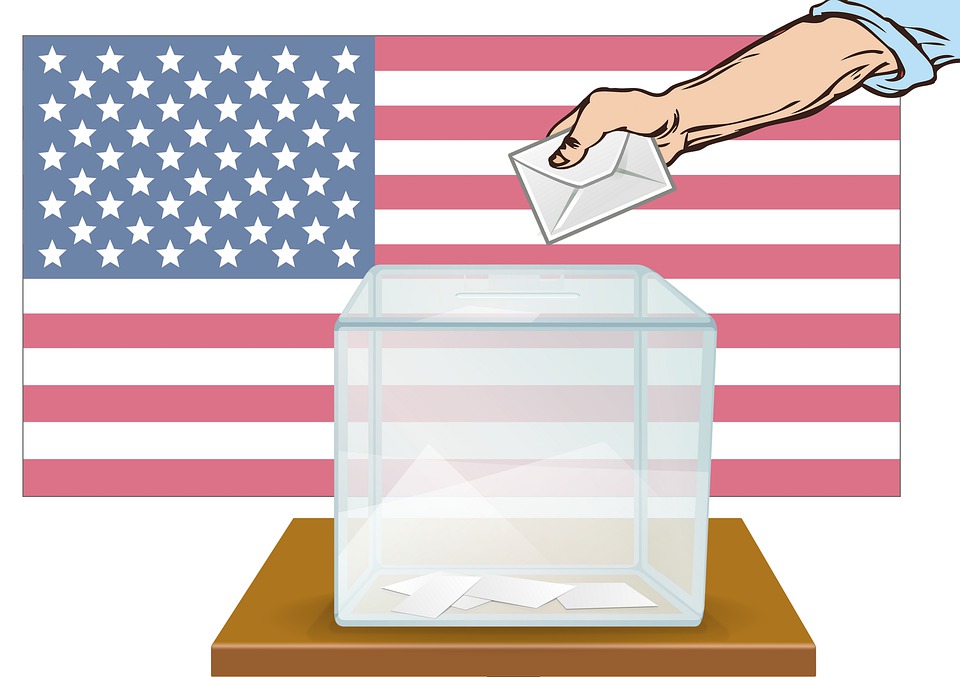In a unanimous verdict, India’s top court has declared privacy a fundamental right guaranteed to citizens under the Constitution. The jury is all out to explore the impact of this judgment on Indian government’s flagship Aadhaar scheme; we will, however, take a note of how this decision would dem and fin-tech and lending companies to alter their working models.
Ethical business practices cannot permit the unprincipled use of customer’s personal or financial data. Still, companies track almost everything they can about their existing/ probable clients to maximize sales. Even a casual log in on the web page of an online aggregator of financial services that would include loans to credit cards and insurance to investment in share market can flood your mobile phone with calls from firms providing these products.
Most of the websites that provide mere information on financial products and services seek visitors’ phone number, email id, sometimes even postal address prior to allowing a peek into the page that contains relevant info. It is not uncommon for jobseekers to provide even basic personal details on employers’ web page while applying for the job position. Data is everywhere. This data is collected, processed and put to use by companies for targeting potential customers. For example, fin-tech and lending companies use information on the credit worthiness of their potential customers to pitch their products to them.
Also read: How Big Data Analytics Is Redefining Banking Sector
Western countries have strong data protection laws in place to safeguard customers from unsolicited marketing practices. Despite being the third largest economy in Asia with a flourishing middle class whose appetite for consumption has only powered the ever increasing marketing of products/ services, India still lacks robust data protection legislation. But the recent Supreme Court decision that makes privacy an assured right is set to alter the milieu.
In the making is also a framework for data protection by a committee headed by a retired Supreme Court judge. Undeniably, this committee will take many leafs out of the top court’s judgment on the right to privacy, and this will have a substantial bearing on how businesses, the non-state actors, collect and make use of customer data.
It is well-known that banks and other businesses in the financial sector have incorporated big data analytics in their setups owing to positive results reaped through data exploration by their counterparts in developed economies. Such firms that are enthusiastically working on fortifying their data analysis job functions are to note that the Apex Court explicitly referred to data collection by Uber, Facebook and Airbnb. The first among these tracks user’s exact location, the second holds ample amount of personal information and the third targets sales by extracting knowledge on travel plans of the user.
It can be argued that marketing is an essential element in economics; it drives wants and leads to consumption, ultimately leading to growth, job creation and better st andards of living. But for businesses that have lately been too much dependent upon data collection and analysis for revenue growth must re-think their positions by taking a cue from Supreme Court’s l andmark judgment that says privacy cannot be infringed upon.
For sure, data will not be dethroned from being the ultimate asset today, its collection and usage, however, are set to see a decisive shift toward more ethical and accountable conduct.
Also read: Do We Really Need More Interest Rate Cuts
To get your article published on Suvipra.com, refer our guidelines Guidelines
Contribute article Contribute


























